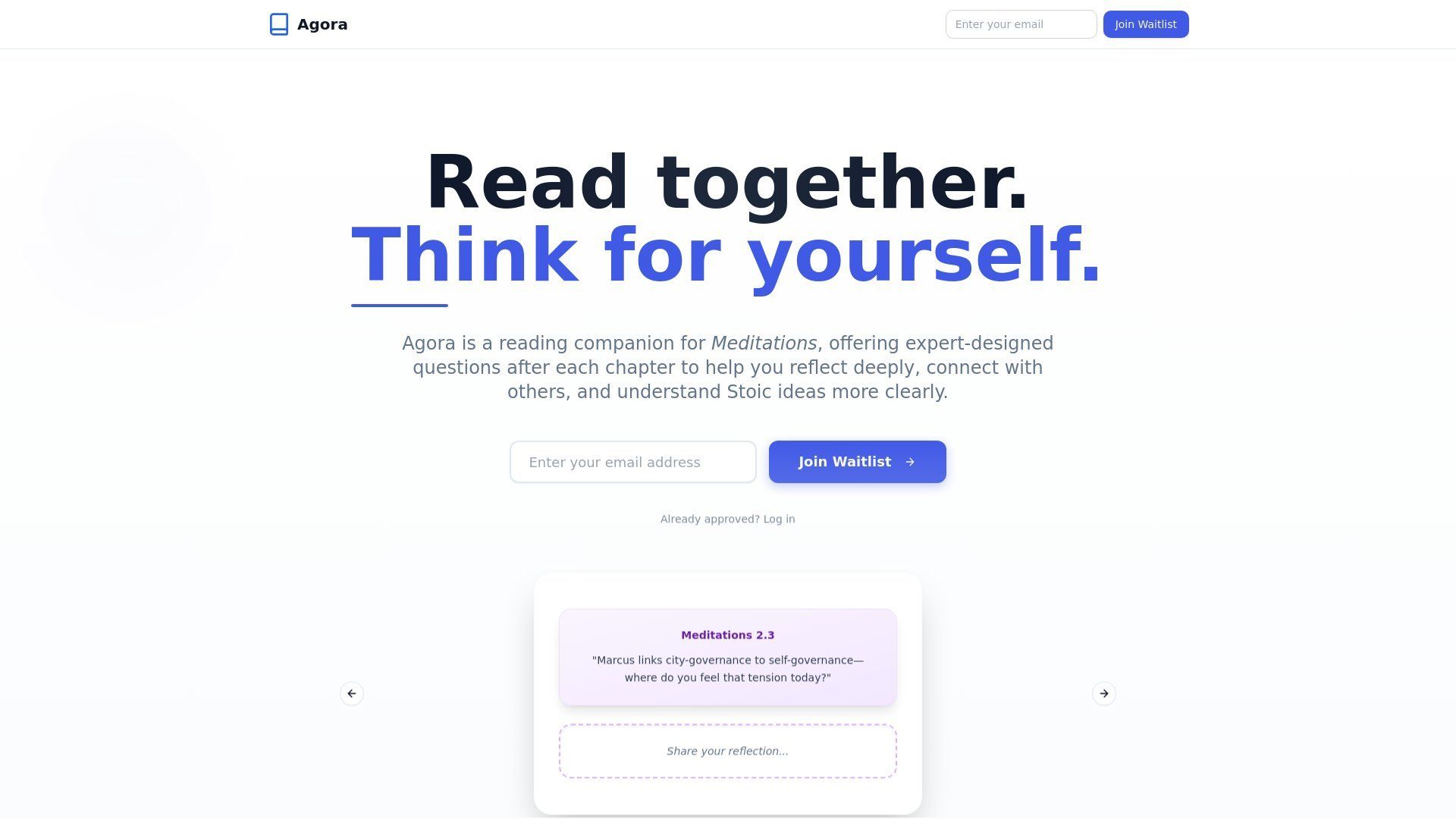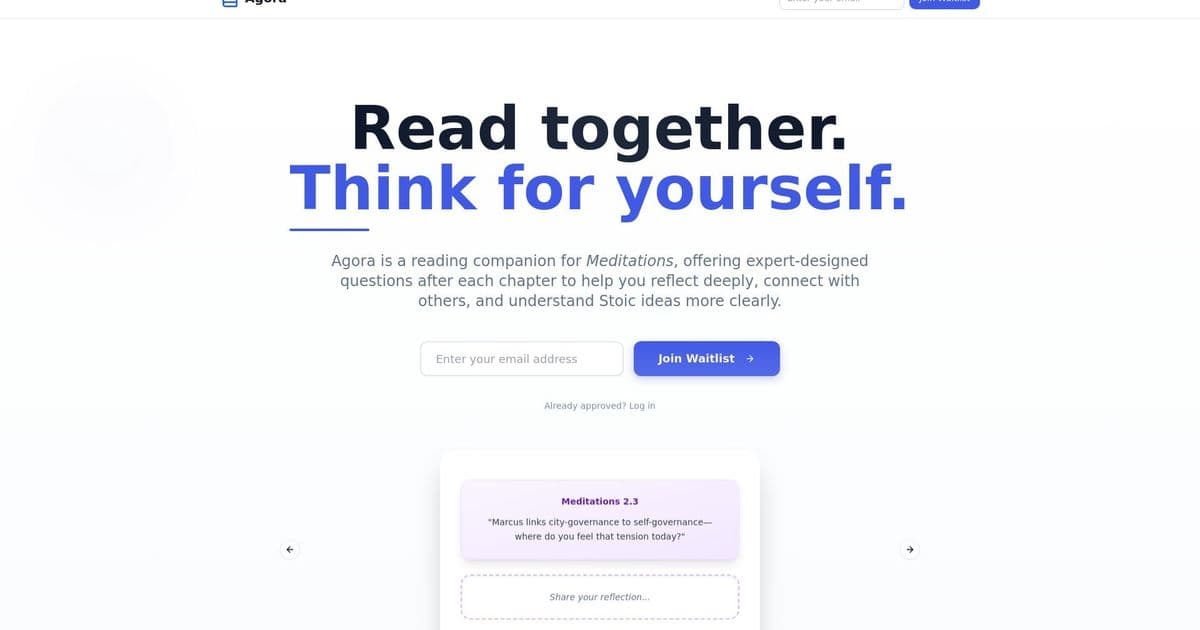A new platform, Agora Books, empowers developers to create AI agents that interact with custom knowledge bases using documents, websites, and tools like Notion and Slack. Built on open-source frameworks like LangChain, it democratizes advanced AI for seamless information retrieval and automation. This could accelerate the adoption of AI-driven workflows in enterprises.
In an era where businesses drown in unstructured data—from PDF reports to Slack threads—retrieving actionable insights often feels like searching for a needle in a digital haystack. Enter Agora Books, a platform now in beta that lets developers build, deploy, and scale AI agents designed to chat with custom knowledge bases. By abstracting away the complexities of AI integration, Agora aims to turn any document repository into an intelligent conversational partner.

At its core, Agora Books allows users to upload diverse data sources—PDFs, websites, YouTube videos—or connect to popular tools like Notion and Slack. The platform ingests this content into a vector database, enabling semantic search capabilities. Developers can then craft AI agents using system prompts and choose from models such as OpenAI's GPT-4 or Anthropic's Claude for tailored responses. As one early tester noted, 'It’s like having a tireless research assistant that knows your entire company’s knowledge base.'
What sets Agora apart is its developer-first approach. Built on open-source stalwarts LangChain and LlamaIndex, the platform provides APIs for seamless integration into existing apps, alongside a user-friendly UI for rapid prototyping. This lowers the barrier to entry for teams lacking deep AI expertise, allowing them to create agents for use cases like customer support automation, internal Q&A systems, or real-time data analysis. For instance, an agent could summarize meeting notes from Slack or pull insights from a decade’s worth of PDF reports with a simple query.
The implications are profound. By democratizing access to retrieval-augmented generation (RAG) technology, Agora Books could shift how organizations handle knowledge work—reducing manual searches and accelerating decision-making. Yet challenges remain, such as ensuring data privacy and managing hallucinations in AI outputs. As the platform evolves with its free tier and enterprise plans, it signals a broader trend: the future of productivity lies not in more data, but in smarter, conversational interfaces that put information at our fingertips.
Source: Agora Books

Comments
Please log in or register to join the discussion